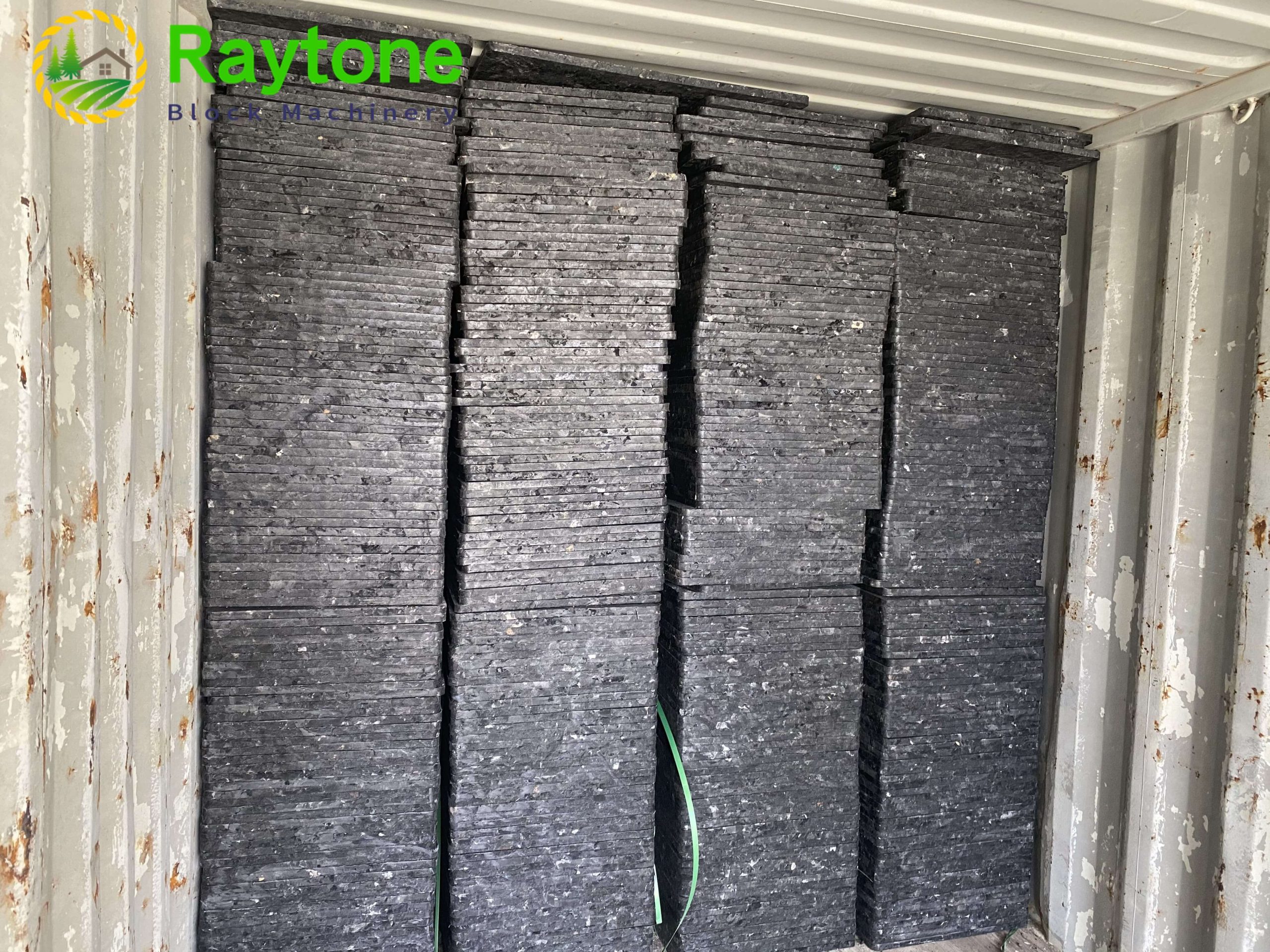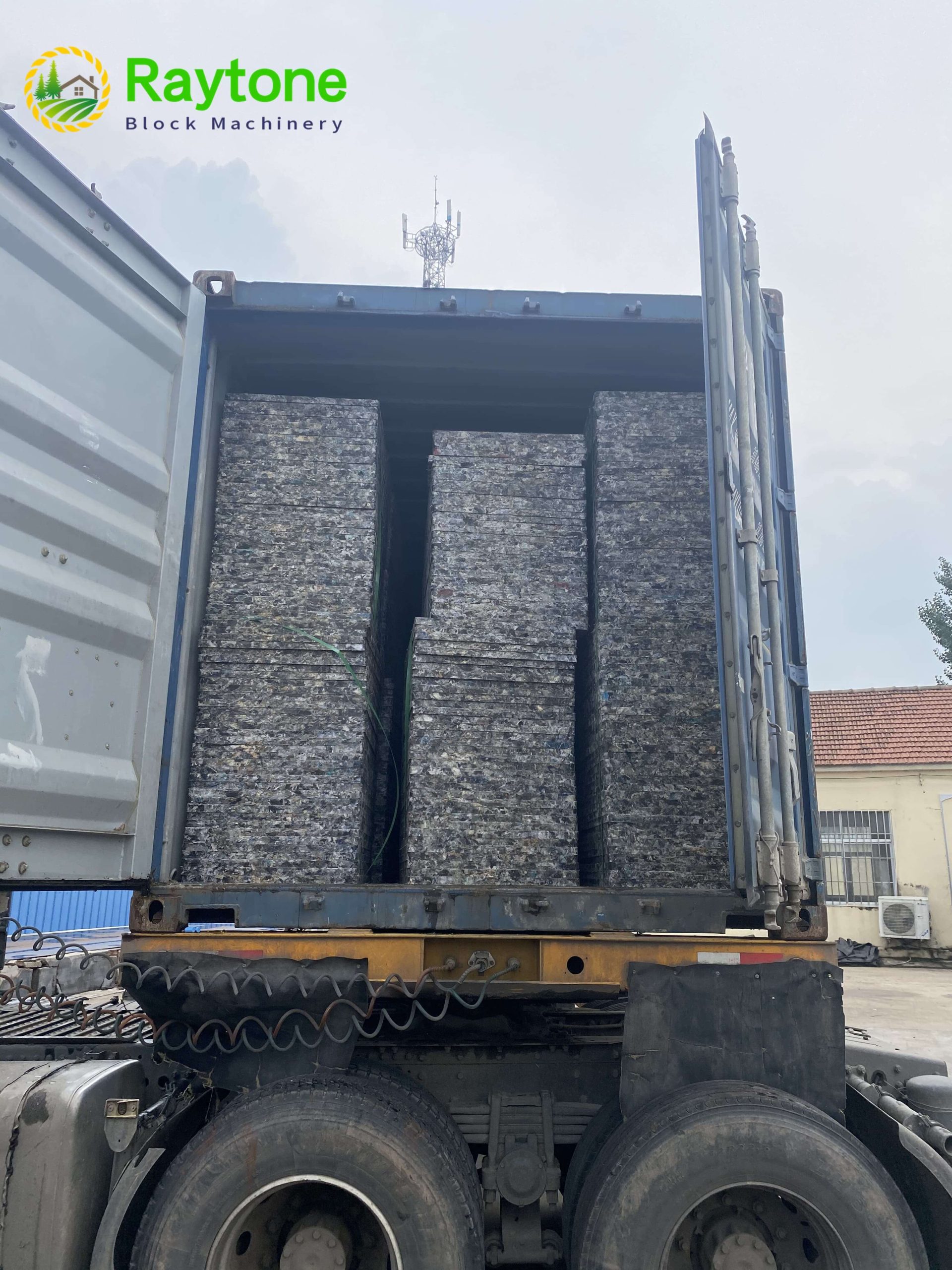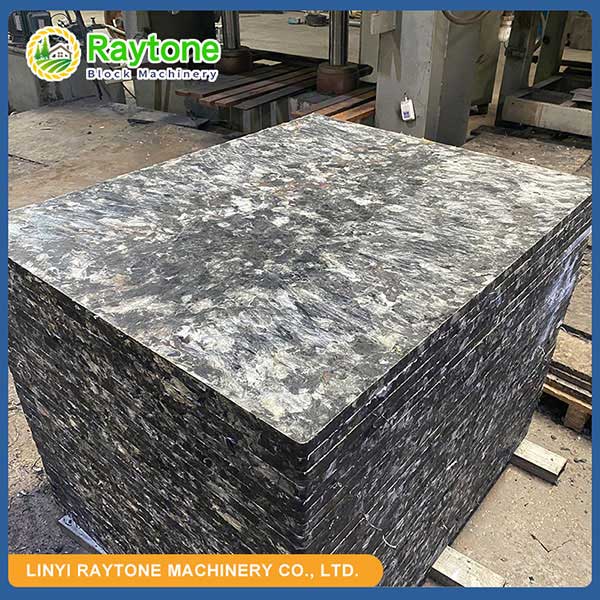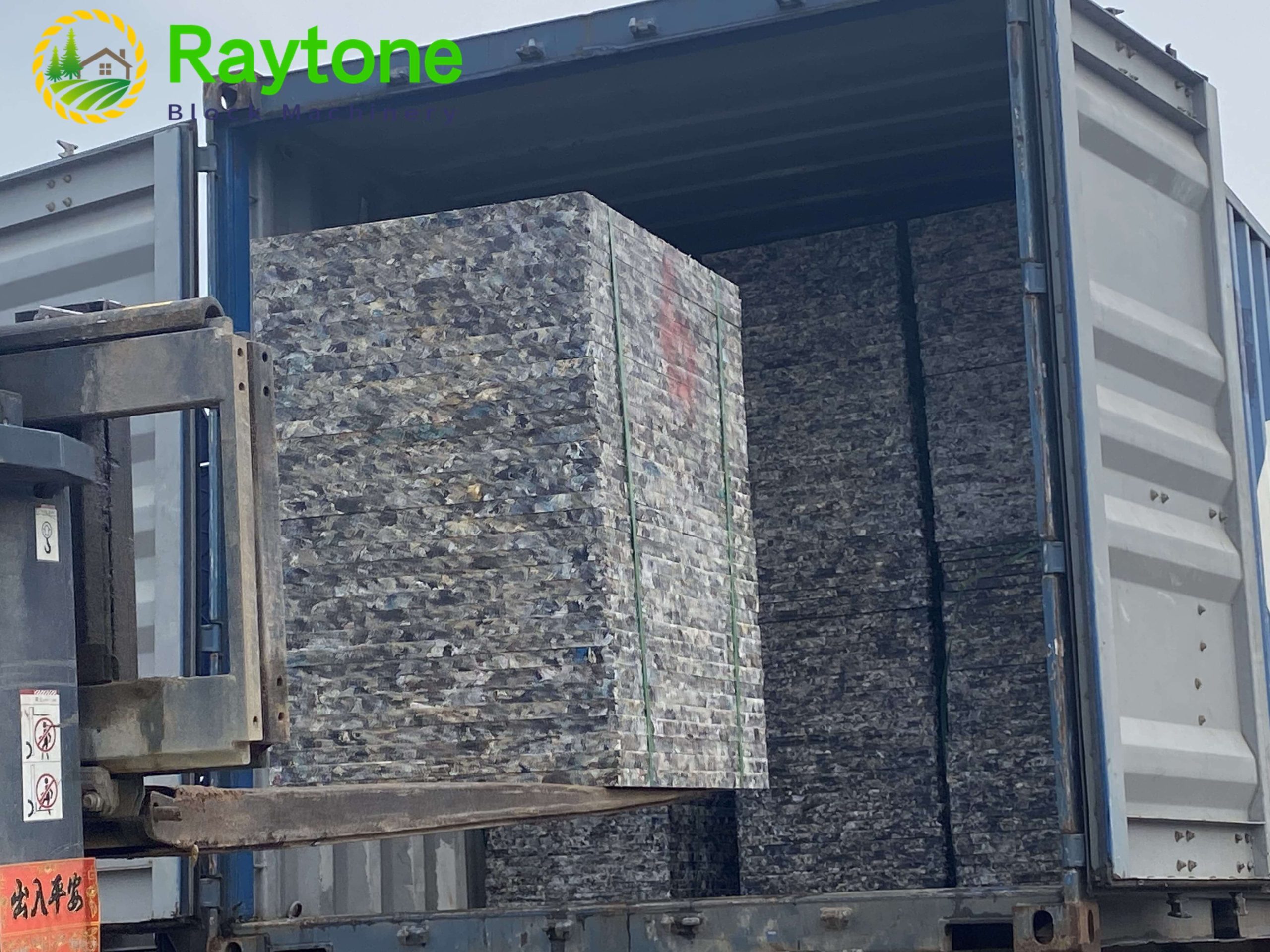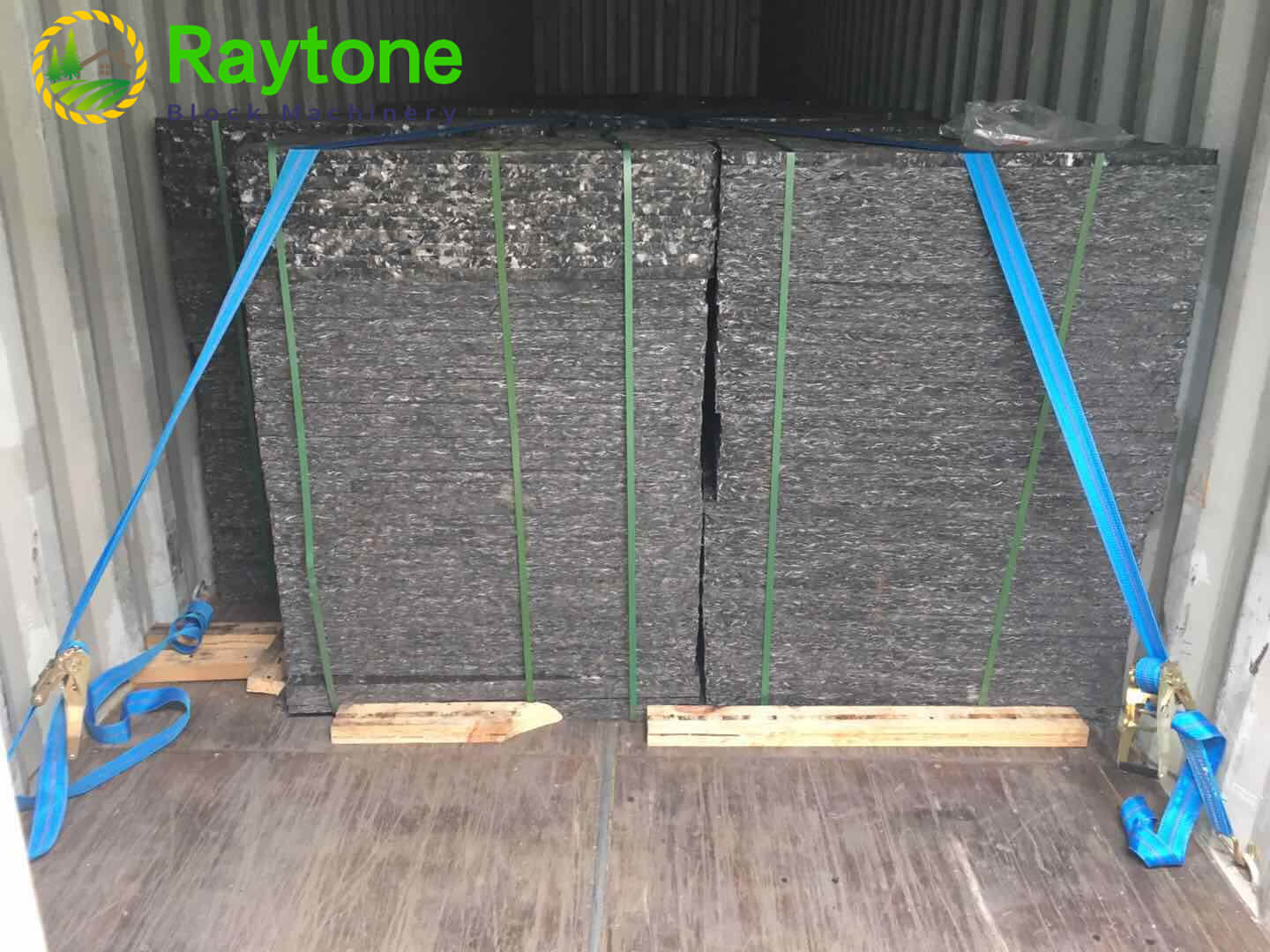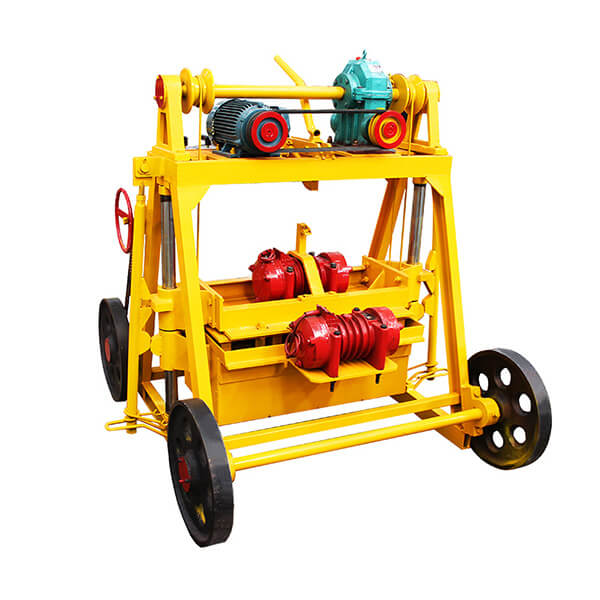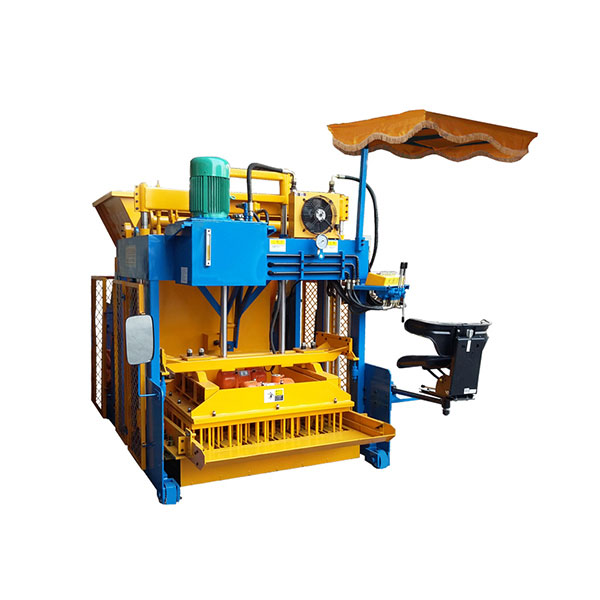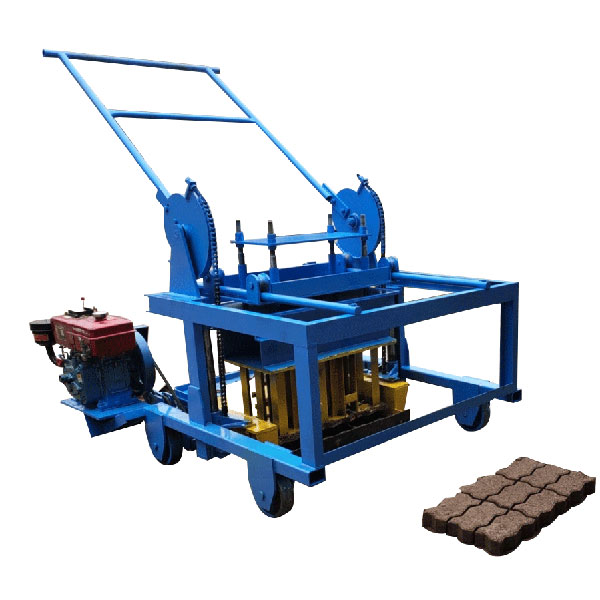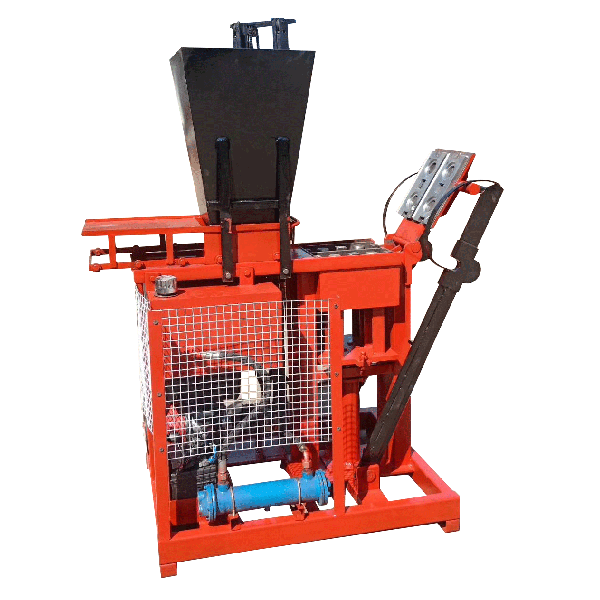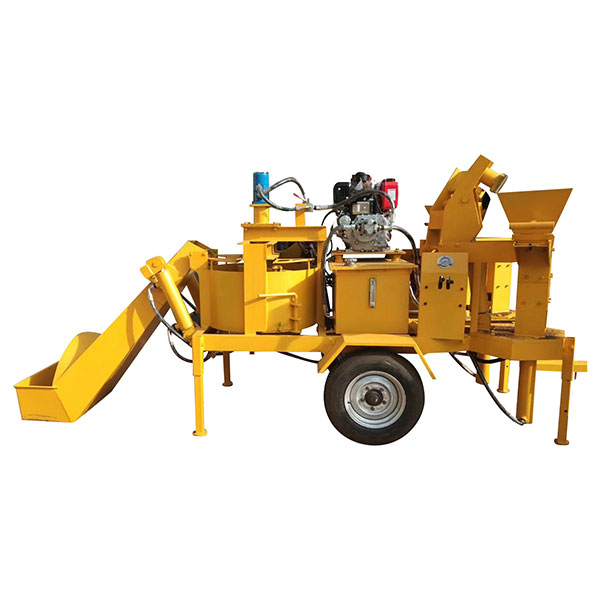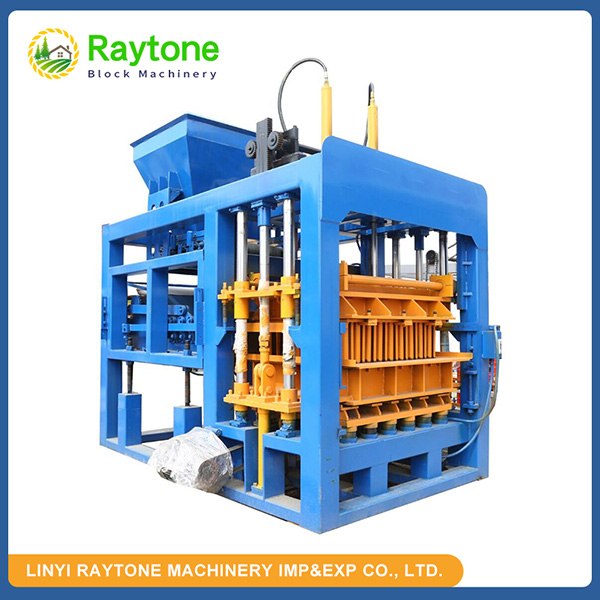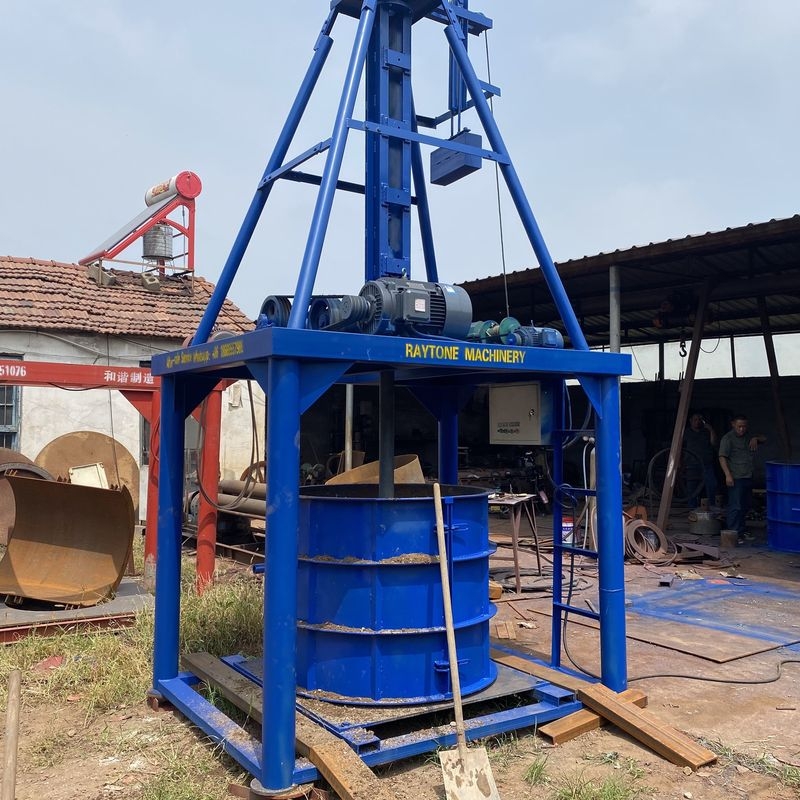Mobile block making machines are revolutionizing the construction industry, paving the way for a more sustainable future in building practices. These innovative devices offer unparalleled flexibility, allowing for on-site production of building blocks using locally sourced materials. By eliminating transportation costs and reducing carbon emissions associated with traditional block manufacturing, mobile block makers are transforming how we approach construction projects. Their ability to utilize eco-friendly materials and optimize energy consumption makes them a cornerstone of green building initiatives worldwide. As we delve into the world of mobile block production, we’ll explore how these machines are shaping the landscape of sustainable construction and offering solutions to some of the industry’s most pressing environmental challenges.
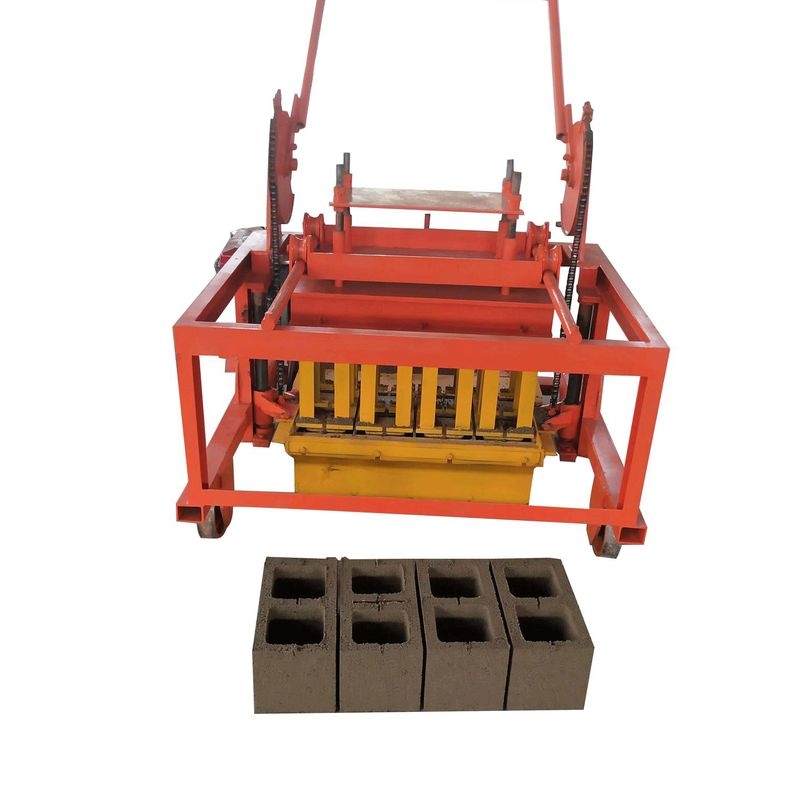
Eco-Friendly Materials: Options for Green Block Production
Recycled Aggregates: Giving Waste a New Purpose
One of the most significant advantages of mobile block making machines is their ability to incorporate recycled materials into the production process. Construction and demolition waste, which typically ends up in landfills, can be crushed and used as aggregates in block production. This not only reduces the demand for virgin materials but also helps in managing waste more effectively. Mobile block makers can be adjusted to work with various recycled aggregates, including crushed concrete, glass, and even plastic, opening up new possibilities for sustainable construction.
Natural Fibers: Enhancing Block Strength and Sustainability
Incorporating natural fibers into block production is another eco-friendly option that mobile block making machines can facilitate. Materials such as hemp, jute, or coconut fibers can be added to the mix, improving the blocks’ tensile strength and thermal insulation properties. These natural additives are renewable, biodegradable, and often require less energy to produce compared to synthetic alternatives. By using locally available natural fibers, construction projects can further reduce their environmental impact while supporting local agriculture and industries.
Alternative Binders: Moving Beyond Traditional Cement
While Portland cement remains a common binder in block production, mobile block making machines are adaptable to use alternative, more environmentally friendly binders. Geopolymer binders, for instance, can be produced from industrial by-products like fly ash or slag, significantly reducing the carbon footprint associated with cement production. Some innovative binders even incorporate carbon-capturing materials, effectively turning blocks into carbon sinks. The flexibility of mobile block makers allows for experimentation with these alternative binders, fostering innovation in sustainable construction materials.
Energy Efficiency: Reducing Carbon Footprint in Construction
Solar-Powered Operations: Harnessing Renewable Energy
Advanced mobile block making machines are increasingly being designed with energy efficiency in mind. Many models now come with the option to integrate solar panels, allowing for off-grid operation and significantly reducing reliance on fossil fuels. This solar-powered capability is particularly beneficial in remote construction sites or developing regions where access to reliable electricity might be limited. By utilizing renewable energy, these machines not only reduce operational costs but also minimize the carbon footprint of block production, aligning with global efforts to combat climate change.
Optimized Compression Systems: Maximizing Output While Minimizing Energy Use
The heart of any block making machine is its compression system, and modern mobile block making machines are equipped with highly optimized hydraulic or mechanical systems. These advanced systems are designed to achieve maximum compressive strength with minimal energy input. Through precise control of pressure and timing, these machines can produce high-quality blocks while consuming less power. Some models even incorporate energy recovery systems, capturing and reusing energy from the compression cycle, further enhancing their efficiency.
Intelligent Control Systems: Smart Production for Reduced Waste
The integration of intelligent control systems in mobile block making machines has revolutionized their energy efficiency. These smart systems can monitor and adjust production parameters in real-time, ensuring optimal performance under varying conditions. By fine-tuning factors such as material feed rates, moisture content, and compaction pressure, these machines minimize waste and reduce energy consumption. Additionally, some advanced models feature predictive maintenance algorithms, preventing unexpected breakdowns and ensuring the machine operates at peak efficiency throughout its lifecycle.
Waste Reduction: Turning Local Materials into Building Blocks
On-Site Material Processing: Minimizing Transportation and Waste
One of the key advantages of mobile block making machines is their ability to process materials directly on the construction site. This on-site capability dramatically reduces the need for transportation of both raw materials and finished blocks, cutting down on fuel consumption and associated emissions. Moreover, it allows for the immediate use of excavated soil or demolition waste from the site, turning what would typically be considered waste into valuable building materials. This closed-loop approach not only reduces waste but also significantly lowers the overall environmental impact of construction projects.
Precision Molding: Reducing Material Wastage
Modern mobile block making machines are equipped with high-precision molding systems that ensure consistent block quality with minimal material wastage. Advanced vibration and compression techniques allow for optimal material distribution within the molds, reducing the occurrence of defective blocks. Some machines even incorporate real-time quality control measures, automatically adjusting parameters to maintain block integrity. By producing blocks with precise dimensions and fewer defects, these machines minimize the amount of material that ends up as waste, contributing to more sustainable construction practices.
Adaptability to Various Mix Designs: Utilizing Local Resources
The versatility of mobile block making machines extends to their ability to work with a wide range of material mix designs. This adaptability allows construction teams to make the most of locally available resources, reducing the need for imported materials. Whether it’s incorporating local soil types, industrial by-products, or even unconventional materials like rice husks or bamboo fibers, these machines can be adjusted to produce high-quality blocks. This flexibility not only reduces waste by utilizing materials that might otherwise be discarded but also promotes the development of region-specific, sustainable building solutions.
Conclusion
Mobile block making machines are at the forefront of sustainable building practices, offering innovative solutions to some of the construction industry’s most pressing environmental challenges. By enabling the use of eco-friendly materials, optimizing energy efficiency, and significantly reducing waste, these machines are paving the way for greener, more sustainable construction projects worldwide. As technology continues to advance, we can expect even more improvements in mobile block production, further solidifying its role in shaping the future of sustainable building.
Contact Us
At Raytone Machinery, we’re committed to driving innovation in sustainable construction. Our range of high-quality mobile block making machines offers unparalleled performance, reliability, and versatility, ensuring excellent value for our customers. Whether you’re looking for fully automatic, semi-automatic, or manual block machines, we have the perfect solution for your construction needs. Join us in building a more sustainable future. For more information about our products and how they can benefit your projects, contact us at hazel@raytonechina.com.
References
- Johnson, A. (2022). Sustainable Construction: Innovations in Mobile Block Making. Journal of Green Building, 17(3), 45-62.
- Smith, R., & Brown, T. (2023). Energy Efficiency in Construction: The Role of Mobile Block Makers. Renewable Energy in Construction, 8(2), 112-128.
- Zhang, L., et al. (2021). Eco-Friendly Materials for Block Production: A Comprehensive Review. Sustainable Materials and Technologies, 29, e00295.
- Davis, M. (2023). Waste Reduction Strategies in Modern Construction. Waste Management & Research, 41(5), 521-535.
- Thompson, K. (2022). The Future of Sustainable Building: Trends and Technologies. Building and Environment, 215, 108952.
- Lee, S., & Park, J. (2023). Mobile Block Making Machines: A Comparative Analysis of Energy Consumption and Carbon Footprint. Energy and Buildings, 277, 112673.


